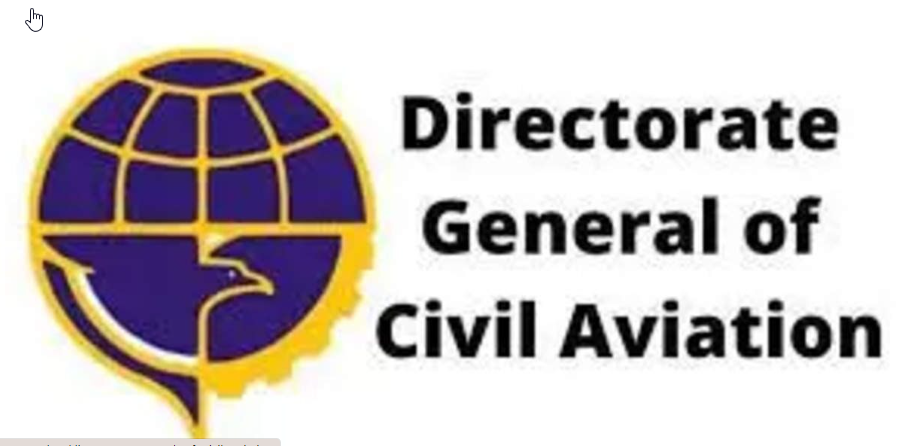What is FATA License?
The Foreign Aircrew Temporary Authorization (FATA) is a regulatory permit issued by aviation authorities that allows foreign pilots to operate aircraft in a specific country for a limited period. Typically, this authorization is granted to pilots who are employed by airlines based outside the country or who are contracted for specific aviation operations, such as charter flights, emergency services, or pilot training programs. The FATA is designed to ensure that foreign aircrew meet the necessary qualifications and adhere to the host country’s aviation safety standards while operating within its airspace.
To obtain a FATA, foreign pilots must demonstrate that they hold valid and current licenses issued by their home country, and these licenses must be recognized by the host country’s aviation authority. The process often involves verification of the pilot’s qualifications, including flight experience, medical certification, and proficiency in the relevant aircraft type. In some cases, additional requirements such as language proficiency tests or familiarization with local aviation regulations may be necessary. The duration of a FATA is typically tied to the specific purpose of the pilot’s visit, with authorizations lasting from a few weeks to several months.
The issuance of a FATA is essential for maintaining global aviation safety and ensuring that foreign pilots operating within a country’s airspace comply with local regulations. This system allows for flexibility in international aviation operations while upholding stringent safety standards. For countries with significant international aviation activities, such as those with large tourism sectors or extensive air traffic networks, the FATA serves as a crucial tool for managing the temporary presence of foreign pilots while protecting the integrity of their airspace.
What are the Benefits of an FATA License?
Operational Flexibility
The FATA license allows foreign pilots to operate aircraft within a host country’s airspace for a specified period, providing flexibility for airlines and pilots to conduct international flights, training, or special missions without needing to obtain full local licensing.
Facilitation
By enabling foreign pilots to fly in foreign airspace, the FATA license facilitates seamless international aviation operations, making it easier for airlines to manage cross-border flights and maintain consistent service levels globally.
Compliance
FATA ensures that foreign pilots adhere to the host country’s aviation safety and regulatory standards. This safeguard helps maintain high safety levels, protecting both passengers and the integrity of the host country’s airspace.
Rapid Deployment
The FATA license allows for the quick deployment of foreign pilots for urgent or specialized aviation requirements, such as charter flights, emergency services, or humanitarian missions, ensuring that these critical operations can be carried out efficiently.
Promotion
By allowing temporary authorization for foreign pilots, the FATA license supports global aviation flexibility, enabling airlines and pilots to operate internationally without the burdensome process of obtaining full licensing in every country they operate.
Simplified Authorization
The FATA license streamlines the process for foreign pilots to engage in temporary flight operations, such as training programs or specific missions, in other countries, reducing the administrative burden on both pilots and aviation authorities.
Who can apply for a FATA License?
Any individual or entity intending to operate a private security agency in India can apply for a FATA license. This includes:
Foreign commercial airline pilots
Foreign charter airline pilots
Pilots contracted for emergency or humanitarian missions
Pilots engaged in international pilot training programs
Foreign pilots operating private or business jets
Pilots involved in special aviation operations
Foreign pilots employed by non-domestic aviation service providers
Pilots flying under foreign military or government contracts.
Role of Shamkris and Process of FATA License
Shamkris adopts a results-oriented approach to compliance with mandatory licence requirements in the organization. A simple and guidance methodology help organisation to achieve licence in a timely manner and cost-effective. Shamkris support 100% in advisory, Guidance, Compliance with respect to license requirements to obtain approval.
The implementation process is described below:
- Advisory for the document required
- Preparation of documents as per application & list of documents.
- Application File
- Inspection by the department if required
- Liason department
- Yearly Compliance if Applicable
- Renewal when due
Who can issue the FATA License?
FAQ
Any foreign pilot intending to operate an aircraft in a specific country for a limited period must obtain a FATA license to ensure compliance with local aviation regulations.
The validity of a FATA license varies depending on the purpose of the visit, typically ranging from a few weeks to several months, as determined by the host country’s aviation authority.
Applicants must hold a valid pilot license from their home country, recognized by the host country’s aviation authority, along with other requirements such as medical certification and relevant flight experience.
Yes, in some cases, a FATA license can be renewed or extended if the pilot needs to continue operations in the host country, subject to approval by the local aviation authority.
Yes, the FATA license typically applies to specific aircraft types that the foreign pilot is qualified to operate, as listed in their home country license.
Depending on the host country’s regulations, FATA license holders may need to complete familiarization training on local procedures or regulations before operating an aircraft.
No, a FATA license is not required for pilots on layovers who do not intend to operate flights within the host country.
No, a FATA license is typically country-specific and does not allow the holder to operate in other countries without obtaining separate authorization.
Operating without a FATA license in a country where it is required can result in legal penalties, fines, and grounding of the aircraft.
Pilots operating under a FATA license should ensure their insurance covers international operations, as some policies may have specific provisions related to foreign licenses.

